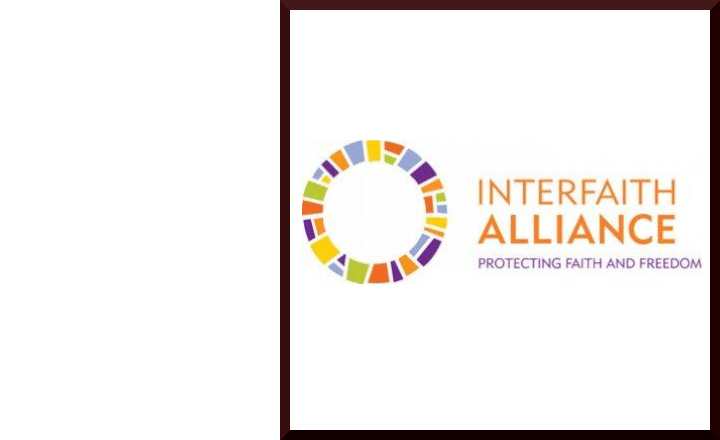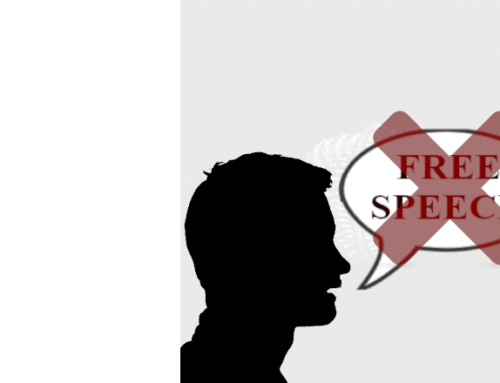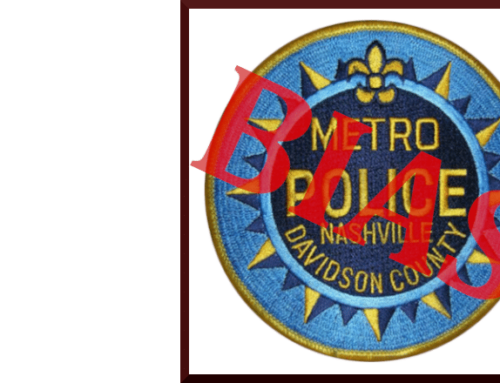The difference between left-wing religious groups and left-wing secularist groups is miniscule. Both are more worried about bias against midgets than Christians, and that is not an exaggeration. In fact, when left-wing religious groups speak about anti-Christian bias, they can’t help but write about “so-called ‘anti-Christian bias.’”
That’s exactly the way the Interfaith Alliance characterizes President Trump’s directive to Pam Bondi, who heads the Department of Justice. She is in charge of a task force to root out anti-Christian bias in the federal government; the Catholic League is proud to assist her in that effort.
The Interfaith Alliance is a hodgepodge of left-wing activists, spread across a variety of religions. It needs to be asked: Why would a group of professed religious people be against efforts to combat anti-Christian bias? Indeed, this is the only bias they appear to be okay with. To be exact, they deny it even exists.
Earlier in the year, after Trump made his announcement about establishing a Presidential Commission on Religious Liberty, and the task force on anti-Christian bias, the Interfaith Alliance issued a statement saying, “There is no evidence of widespread anti-Christian bias in the United States….”
If that were the case, the Catholic League would not exist. We don’t create bigotry, we respond to it. But in the minds of those affiliated with the Interfaith Alliance, the very fact we fight anti-Christian speech and behavior means we are a threat to liberty. Read what they say.
“While this effort may appear to address certain forms of stigma against Christians, particularly against Catholics, in reality it will weaponize a narrow understanding of religious freedom to legitimize discrimination against marginalized groups like the LGBTQ community, infringe on our reproductive freedom, and hurt our society’s most vulnerable.”
In other words, those who fight anti-Christian bigotry are actually advancing discrimination against gay and transgender activists. How so? By objecting to “Drag Queen Story Hours” for children? By opposing genital mutilation for minors? Moreover, by opposing those who infringe on the health of unborn babies, how are we the guilty ones?
The guy who runs the Interfaith Alliance, Paul Raushenbush, is a homosexual Baptist minister who insists he is married to a man; he and his partner are raising children (who are obviously not their own). He is so extreme that he says efforts to combat anti-Christian deeds are actually expressions of “Christian nationalism.” Got it? Christians who object to intolerance are agents of intolerance.
A statement of the Interfaith Alliance’s vision is available on its website. It says it believes in “freedom, not extremism.” It lists three examples: LGBTQ freedom, reproductive freedom and countering hate. Regarding the latter, it names “antisemitism and Islamophobia” as a problem. What about anti-Christian bigotry? Nope. But it does mention the scourge of “Christian Nationalism.”
The Interfaith Alliance was founded in 1994, and in 1996, when I was in this job for only a few years, the Catholic League was named to its “Enemies List.” I issued a statement at that time, boasting of our inclusion. I also noted that the Interfaith Alliance accepted $25,000 in start-up funds from the Democratic Congressional Campaign Committee. Some things never change.
In 2010, the Interfaith Alliance joined with GLAAD (Gay & Lesbian Alliance Against Defamation) and Call to Action (a defunct group of mostly ex-Catholics) in demanding the media “ignore Bill Donohue.” Looks like they lost.
Ironically, the Interfaith Alliance’s opposition to fighting anti-Christian bigotry validates the very reason why President Trump formalized efforts to combat it. For that they are to be commended—their contribution will not go unnoticed.







